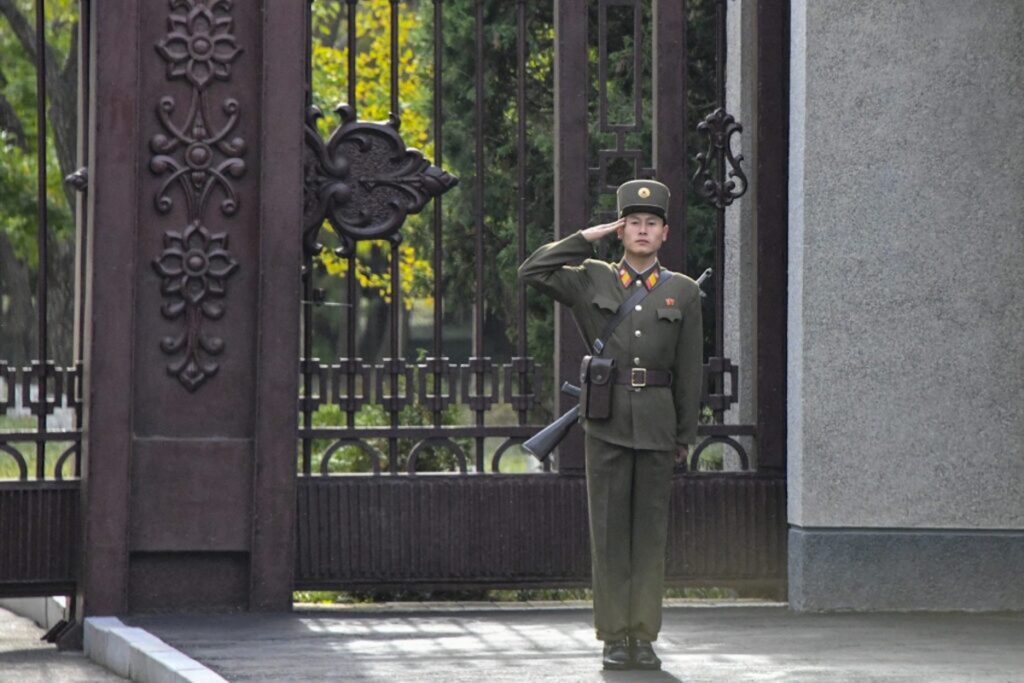North Korea’s explicit abandonment of peaceful unification, formalized by Kim Jong Un’s public announcement in 2024, appears to mark a decisive rupture in inter-Korean relations. Yet, South Korean politics and public sentiment have long been shifting away from unification, and as such Kim’s actions also reflect a broader societal and generational divergence.
As the unification paradigm erodes on both sides, policymakers in South Korea and its partners must embrace managing a divided Korean Peninsula while preserving stability and human security.
For decades, peaceful unification has shaped inter-Korean policy frameworks in both Seoul and Pyongyang, rooted in constitutional mandates and nationalist ideals. This framework is now collapsing. North Korea’s shift began in 2019 following the breakdown of US-North Korea talks and the onset of the Covid-19 pandemic.
This shift crystalized in 2024 when Kim Jong Un declared South Korea to be a “primary foe,” effectively erasing kinship narratives from domestic propaganda and dismantling institutions dedicated to inter-Korean dialogue.
In South Korea, the policy platform of newly elected President Lee Jae Myung reflects an acceptance of a reality in which unification is neither imminent nor necessarily desirable. No longer kin, North Korea has become a foreign polity where cultural divergence and concerns about the economic costs of unification erode support for reintegration efforts.
These developments are not merely tactical but conceptual, signaling a transition toward the institutionalization of division on the Korean Peninsula.
North Korea’s policy pivot is being operationalized across military, diplomatic and informational domains. North Korea has intensified weapons development while embedding its new doctrine in state media and border military posture, dismantling inter-Korean communication channels and rebranding South Korea as a hostile foreign entity.
Simultaneously, North Korea’s alignment with Russia and continued reliance on China provide diplomatic and economic support for its confrontational stance.
In South Korea, the Lee Jae Myung administration is attempting to balance deterrence with a conditional engagement strategy, but the space for meaningful dialogue has narrowed considerably.
The erosion of the unification narrative challenges South Korean policymakers to reconcile constitutional commitments with emerging realities and to prepare for managing division while reducing the risk of miscalculation or escalation along the Demilitarized Zone.
International actors, who have long viewed unification as the preferred end state, must also adjust their frameworks to prioritize stability, reduce nuclear risks and promote human rights rather than relying on outdated assumptions of reunification.
Policy recommendations
To manage this new reality, South Korean policymakers should recalibrate strategic communication and education to reflect the practical reality of the two Koreas while maintaining constitutional commitments in principle. They should also retain conditional, transactional engagement windows with North Korea where tangible restraint is demonstrated.
The US and South Korean militaries should maintain deterrence while restoring communication channels to manage escalation risks effectively.
The international community should support engagement efforts that refocus on stability, reduce nuclear risks and promote human rights rather than pursuing unification as the assumed end goal. In addition, like-minded partners should closely monitor the roles of China and Russia in enabling North Korea’s hostile posture while coordinating with regional countries to avoid escalation.
The Korean Peninsula is entering a new phase defined by the institutionalization of division. North Korea’s abandonment of unification, South Korea’s shifting public sentiment, and the broader geopolitical context all point toward a long-term reality of two Koreas.
Instead of clinging to outdated assumptions, policymakers must adapt to this new paradigm, focusing on stability, deterrence, and pragmatic engagement to protect peace and human security in a fundamentally altered strategic environment.
Christopher Green is an assistant professor at Leiden University and senior consultant with International Crisis Group.
This policy brief was originally published as part of a limited series from the Korea Economic Institute of America inspired by the latest edition of its publication Korea Policy, Volume 3 Issue 1. It is republished with permission. You can read the author’s full paper by clicking here.

